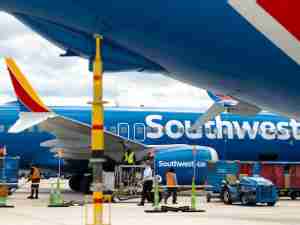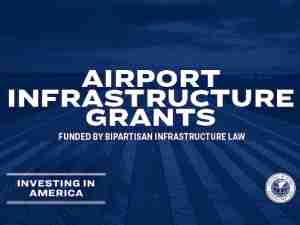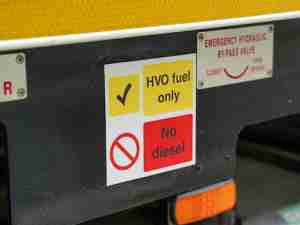UK’s Freight Transport Association: says country must add air cargo capacity
posted by AJOT | Feb 16 2015 at 09:20 AM | Air Cargo
The FTA stressed air freight and focused on the adverse economic impacts if additional airport capacity in the UK was not achieved, adding that it did not distinguish between the two Heathrow options, but favoured a Heathrow option alongside a Gatwick option.
Speaking at a Westminster Energy, Environment & Transport Forum seminar in London, FTA policy director Chris Welsh said: “There are serious implications for air freight, with implications for the broader freight industry from a failure to expand capacity.”
The FTA commissioned York Aviation, with support from Transport for London, to consider the effects on the UK economy, the air freight industry and freight customers, arising from the runway capacity options.
The York Aviation report assessed how air freight would likely to react to the exercise of a Gatwick option. This included a focus on Heathrow by long-haul scheduled operators providing bellyhold and the possibility of split operations between Heathrow and Gatwick.
Split operations would lead to higher costs due to additional trucking and significant inefficiencies through duplication of operations, increased transit times and delays, said the study, backing the FTA’s long-standing view.









